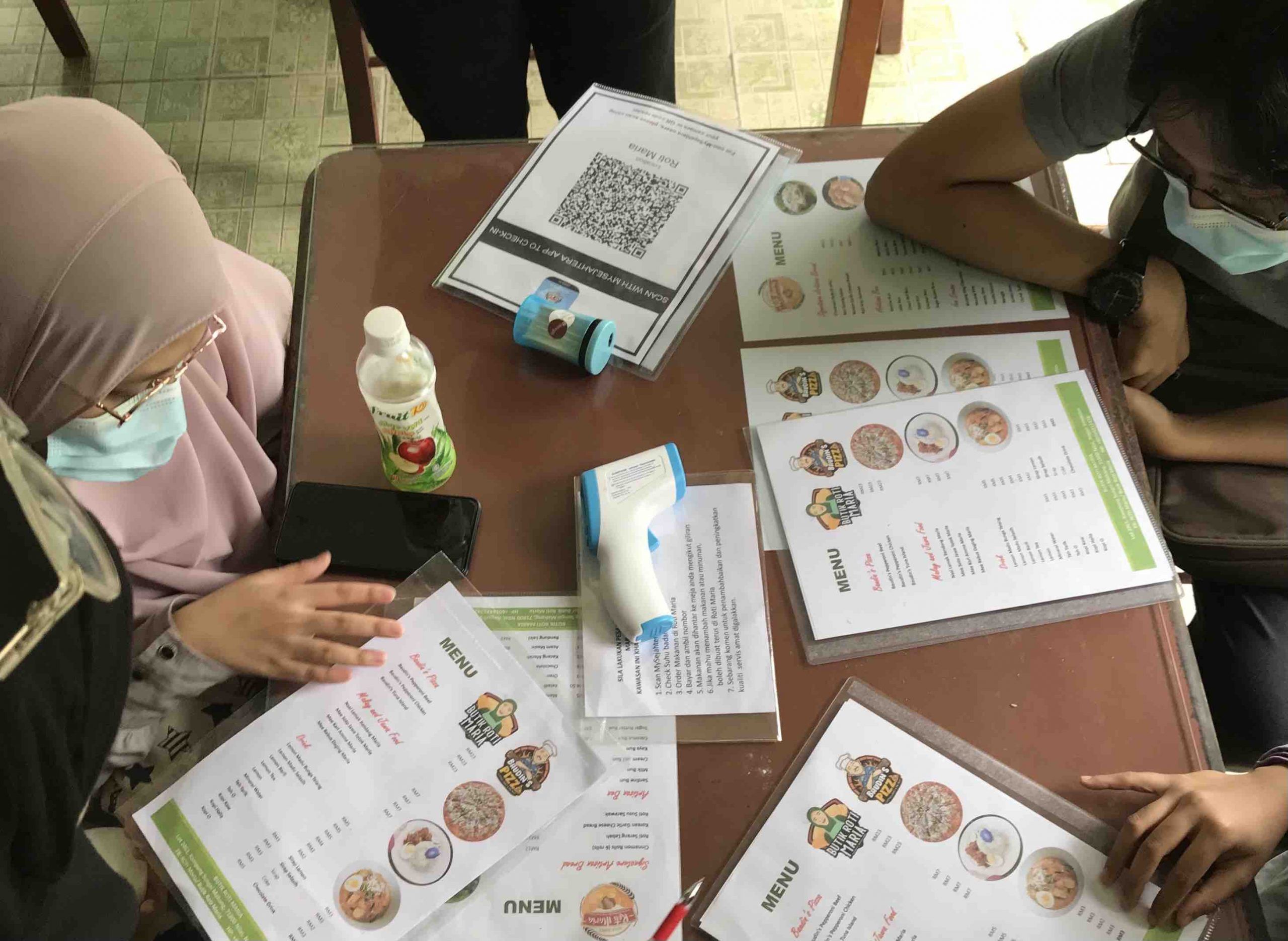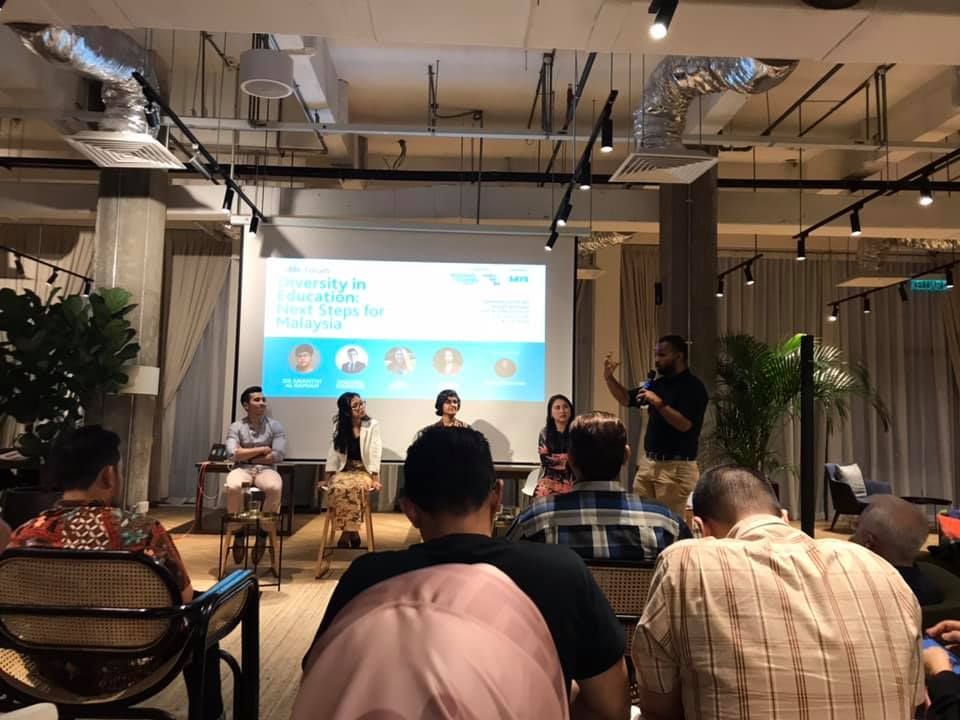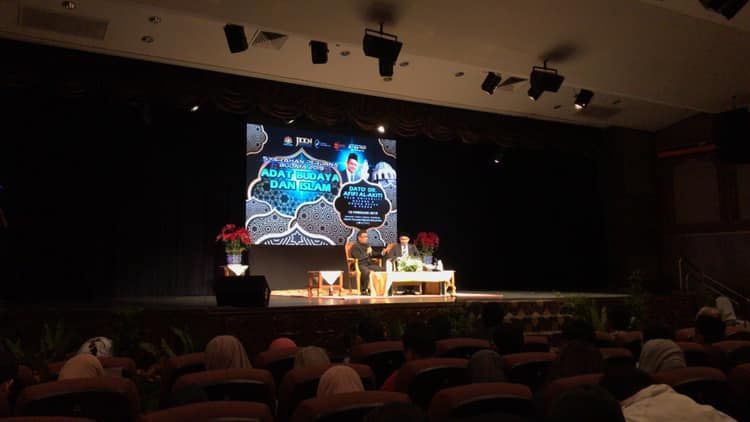The epitome of two realities
Last Saturday, I had a privilege of visiting Kilang Roti Maria with my fellow friends which is operated by our English teacher in Pusat Bahasa Teikyo, Yana sensei. A short introduction about Yana sensei, she is a Master degree holder in linguistic studies from UiTM and she has broad experience and teaching Qur’an. Roti Maria is a bread brand owned by her parents which both of them are experts in bread-making. We started our journey at 9 o’clock from Danau Idaman, taking up train from Mid Valley to Nilai. Fortunately, we got to arrive her kilang just before the peak hour starts.

Being a mother of two, I can see Yana sensei’s passion to grow the business that was started by her parents. Her hard work makes me (and maybe some of my friends) impressed, going through leap and bounds while trying to contribute her best for herself, her community and the ummah. One of the story that I believe it’s worth sharing is that she hired most of his staffs from among the indigenous people that is living inside the village. They were paid daily according to their working hours. She told us that, looking to orang asli’s life, we might feel pity for their misfortune – small houses, lack of basic infrastructures (what we feel essential) and coziness that we think important. “Kesian depa tak ada kemajuan macam kita”, some of us might think.
But when I reflect back, the thing is, we do define bahgia in our own worldview – which reflected by the way we see how the world works. Our worldview is influenced by the people around us, the way we spend our life and kind of education that we received. For these indigenous people (which also known as the protector of the forest), that kind of life is already sufficient. There is no need to engross others’ attention by living their life beyond the lines that had been drawn for them. Bahgia comes when we found contentment, which is defined as state of happiness and satisfaction in our life. Once we found our own contentment, we aren’t easily affected by the changes that are occurring in the outside world.
After having our lunch within her bakery’s compound (which was heavily subsidized by sensei – thank you sensei!), we moved to the next plan in the itinerary which is visiting Petronas Twin Tower. Some of my friend from the East coast, they never been to KLCC before and I & Iqbal grab the opportunity to be ガイドさん or tour guide for the day. Although the number of Covid patients are increasing day by day, the newly introduced looser regulations had made KLCC a bit crowded on that day. Nevertheless, we proceed with the original plan to visit Kinokuniya and take few pictures in KLCC Park.
Then I started to reflect another reality that I’m observing. KLCC stationed talents with highest pay checks per annum, which reflected by the concentration of Fortune 500 companies’ staffers (Petronas/ExxonMobil) working in that area. According to the common belief, they are the best in their own field (if not why must these companies station them there right?). In spite of the fact that happiness doesn’t merely defined by pay checks – for this side of reality – receiving big pay check is indicating happiness. With high remuneration and benefits, no wonder these companies were given limelight among fresh graduates when they wanted to start their career path.
It is wrong to pre-define kebahagiaan of the others in accordance to our definition of kebahagiaan. As long as we are comfortable with the situation that we are living in, satisfied with what offered by our surroundings, I believe it’s already enough. Kita pilih bahagia kita.




